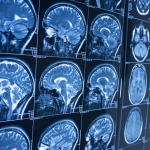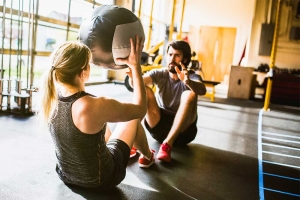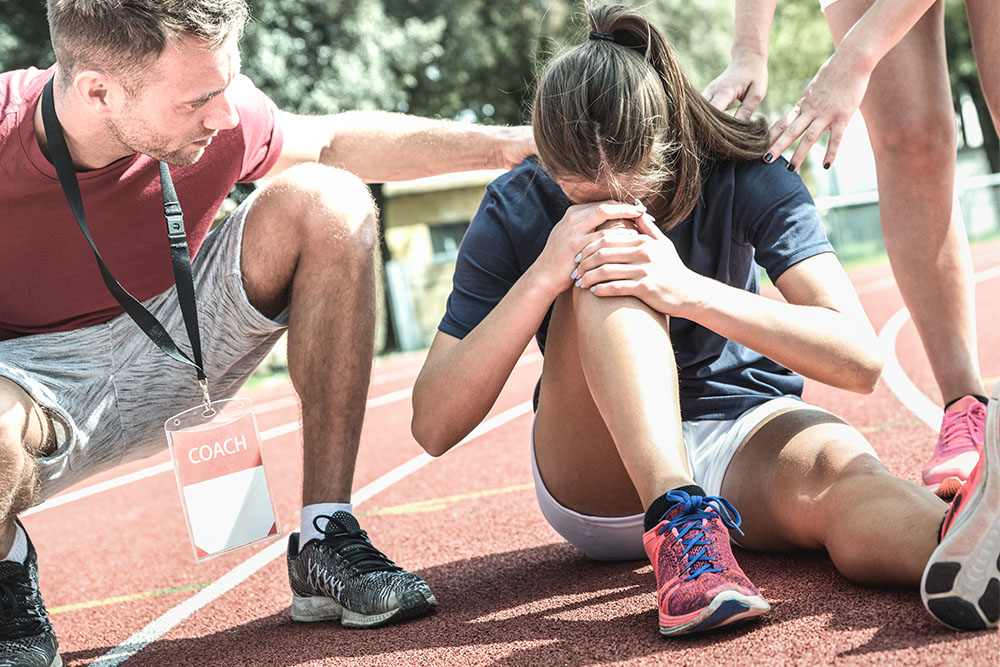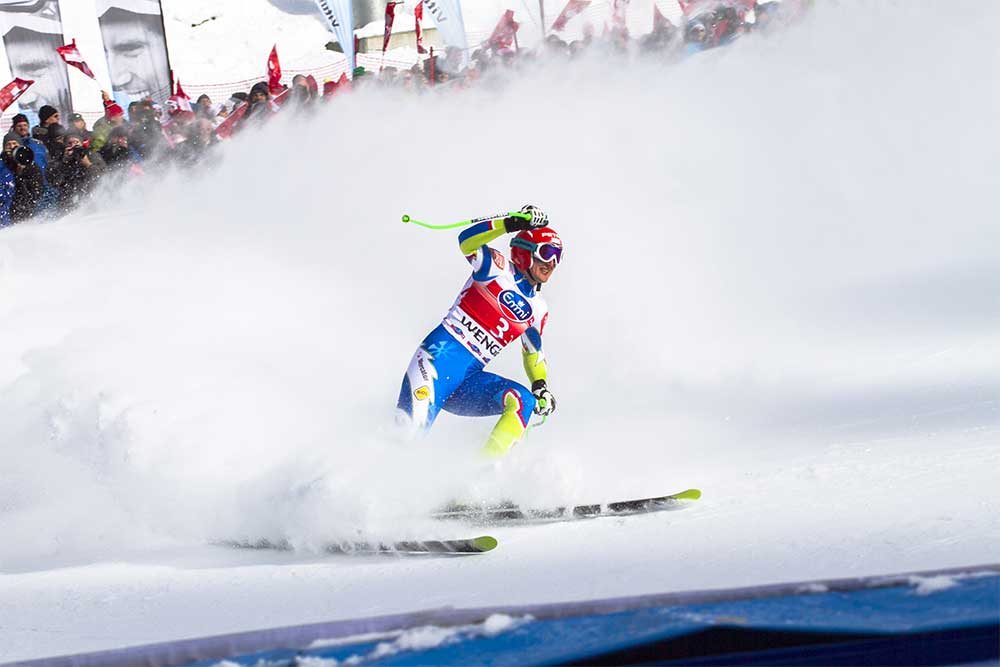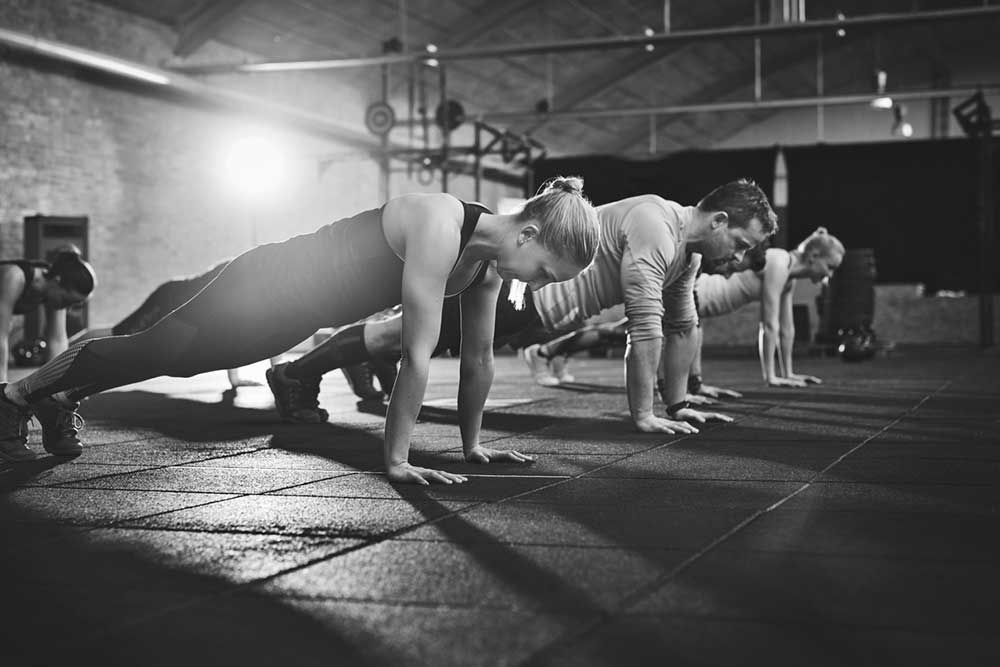New Research on How to Prevent Alzheimer’s Now
People are currently living longer than ever before – and while you would be hard pressed to find someone who thinks this is bad thing, it does come with its own unique set of challenges. Namely an increase in the risk of developing several age-related diseases, with one of the most common being Alzheimer’s disease.

